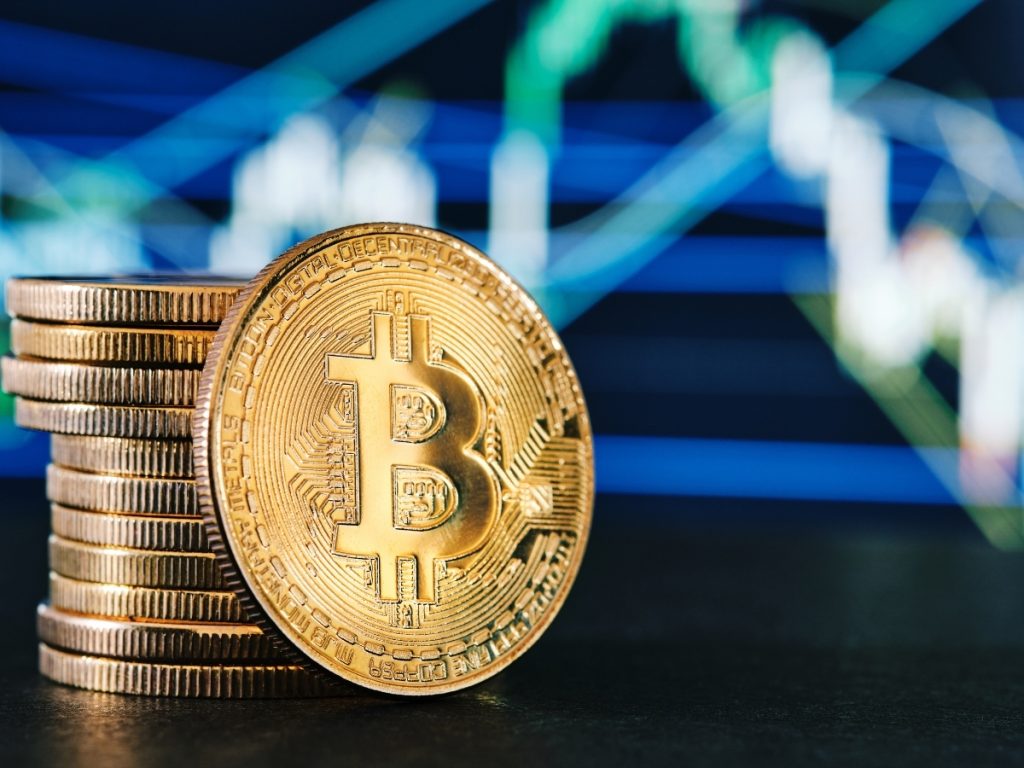Introduction
Cryptocurrency has revolutionized digital finance by introducing decentralized and transparent transactions. However, its rapid expansion brings challenges such as price volatility, regulatory uncertainty, security concerns, and environmental impact.
Sidra Chain, a decentralized blockchain network, integrates Islamic finance principles with blockchain technology to create a sustainable and ethical ecosystem. This article delves into the advantages and disadvantages of cryptocurrencies while highlighting Sidra Chain’s innovative approach.
Benefits of Cryptocurrency
1. Decentralization
Cryptocurrencies operate on decentralized blockchains, allowing users to transact without relying on central authorities, increasing control and reducing censorship.
2. Fast and Affordable Transactions
They enable quicker, cheaper cross-border payments compared to traditional financial systems, facilitating global commerce.
3. Financial Inclusion
Cryptocurrencies provide access to financial services for unbanked populations, expanding economic participation.
4. Transparency and Security
Blockchain’s immutable ledger offers transparent, tamper-proof records, enhancing security and trustworthiness.
5. Smart Contracts
Programmable contracts automate agreements and business processes, reducing costs and improving efficiency.
Challenges of Cryptocurrency
1. Price Volatility
The extreme price fluctuations undermine cryptocurrency’s stability as a reliable currency or store of value.
2. Regulatory Uncertainty
Inconsistent global regulations create legal and operational challenges for users and businesses.
3. Security Vulnerabilities
While blockchains are secure, crypto exchanges and wallets are vulnerable to hacks and fraud.
4. Environmental Concerns
Mining activities, especially Proof-of-Work, consume vast amounts of energy, raising sustainability issues.
5. Ethical Issues
The absence of unified ethical standards has led to scams, market manipulation, and irresponsible projects.
Sidra Chain: An Ethical Blockchain Network
Sidra Chain responds to these concerns by combining blockchain innovation with Islamic finance ethics, promoting an ethical, sustainable, and inclusive ecosystem.
Features of Sidra Chain
1. Shariah Compliance
Sidra Chain adheres to Islamic finance principles, prohibiting interest (Riba), gambling (Maysir), and uncertainty (Gharar), fostering ethical financial practices.
2. Energy-Efficient Mining via Smartphones
Sidra Chain’s mobile mining drastically reduces energy consumption compared to traditional mining.
3. Comprehensive Ecosystem
- Sidra Bank: Decentralized, interest-free banking.
- SidraStart: Crowdfunding platform for ethical projects.
- SidraClubs: Community-led certification and education groups.
- KYCPORT: Decentralized identity verification ensuring compliance.
4. Accessibility and Inclusion
Designed as a mobile-first, multilingual platform, Sidra Chain targets global users, especially the underserved.
Sidra Chain vs. Conventional Cryptocurrencies
| Aspect | Traditional Cryptos | Sidra Chain |
|---|---|---|
| Mining | Energy-heavy Proof-of-Work | Low-energy smartphone mining |
| Ethical Foundation | Often profit-focused | Shariah-compliant and ethical |
| Accessibility | Complex user interfaces | Mobile-friendly, accessible |
| Regulatory Compliance | Fragmented and unclear | Built-in KYC and compliance |
| Financial Products | Speculative and volatile | Asset-backed, ethical finance |
Conclusion
While cryptocurrencies bring transformative potential, they face ethical, regulatory, and sustainability challenges. Sidra Chain offers a promising path by combining decentralized blockchain technology with Islamic finance ethics and eco-friendly mining.
By addressing core issues such as energy consumption, accessibility, and ethical compliance, Sidra Chain exemplifies the future of responsible and inclusive digital finance.
This balanced approach positions Sidra Chain as a pioneering blockchain network that aligns innovation with moral values and environmental stewardship.
